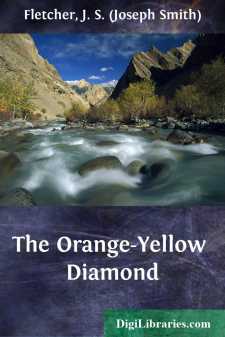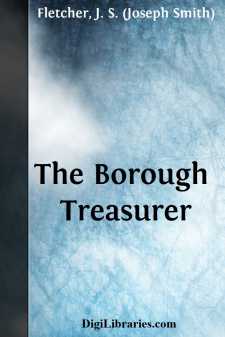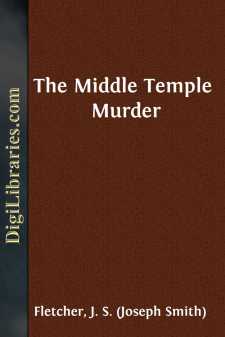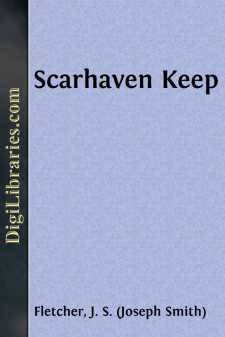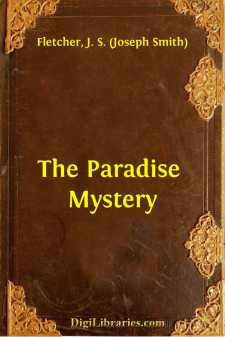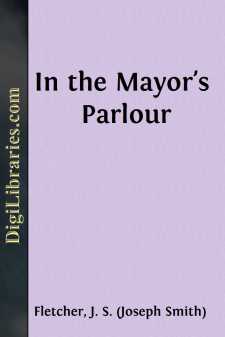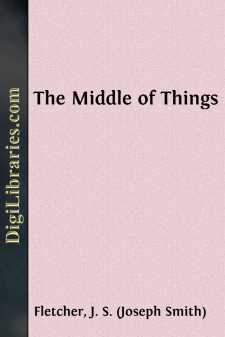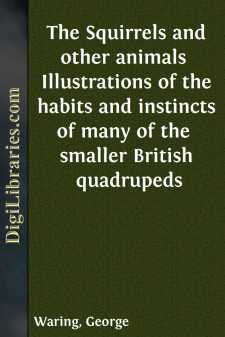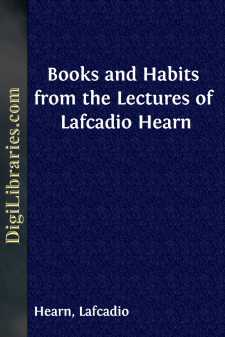Categories
- Antiques & Collectibles 13
- Architecture 36
- Art 48
- Bibles 22
- Biography & Autobiography 813
- Body, Mind & Spirit 141
- Business & Economics 28
- Children's Books 12
- Children's Fiction 9
- Computers 4
- Cooking 94
- Crafts & Hobbies 4
- Drama 346
- Education 46
- Family & Relationships 57
- Fiction 11826
- Games 19
- Gardening 17
- Health & Fitness 34
- History 1377
- House & Home 1
- Humor 147
- Juvenile Fiction 1873
- Juvenile Nonfiction 202
- Language Arts & Disciplines 88
- Law 16
- Literary Collections 686
- Literary Criticism 179
- Mathematics 13
- Medical 41
- Music 40
- Nature 179
- Non-Classifiable 1768
- Performing Arts 7
- Periodicals 1453
- Philosophy 64
- Photography 2
- Poetry 896
- Political Science 203
- Psychology 42
- Reference 154
- Religion 513
- Science 126
- Self-Help 83
- Social Science 81
- Sports & Recreation 34
- Study Aids 3
- Technology & Engineering 59
- Transportation 23
- Travel 463
- True Crime 29
The Orange-Yellow Diamond
Categories:
Description:
Excerpt
CHAPTER ONE
THE PRETTY PAWNBROKER
On the southern edge of the populous parish of Paddington, in a parallelogram bounded by Oxford and Cambridge Terrace on the south, Praed Street on the north, and by Edgware Road on the east and Spring Street on the west, lies an assemblage of mean streets, the drab dulness of which forms a remarkable contrast to the pretentious architectural grandeurs of Sussex Square and Lancaster Gate, close by. In these streets the observant will always find all those evidences of depressing semi-poverty which are more evident in London than in any other English city. The houses look as if laughter was never heard within them. Where the window blinds are not torn, they are dirty; the folk who come out of the doors wear anxious and depressed faces. Such shops as are there are mainly kept for the sale of food of poor quality: the taverns at the corners are destitute of attraction or pretension. Whoever wanders into these streets finds their sordid shabbiness communicating itself: he escapes, cast down, wondering who the folk are who live in those grey, lifeless cages; what they do, what they think; how life strikes them. Even the very sparrows which fight in the gutters for garbage are less lively than London sparrows usually are; as for the children who sit about the doorsteps, they look as if the grass, the trees, the flowers, and the sunlight of the adjacent Kensington Gardens were as far away as the Desert of Gobi. Within this slice of the town, indeed, life is lived, as it were, in a stagnant backwash, which nothing and nobody can stir.
In an upper room of one of the more respectable houses in one of the somewhat superior streets of this neighbourhood, a young man stood looking out of the window one November afternoon. It was then five o'clock, and the darkness was coming: all day a gentle, never-ceasing rain had been bringing the soot down from the dark skies upon the already dingy roofs. It was a dismal and miserable prospect upon which the watcher looked out, but not so miserable nor so dismal as the situation in which he just then found himself. The mean street beneath him was not more empty of cheerfulness than his pockets were empty of money and his stomach of food. He had spent his last penny on the previous day: it, and two other coppers, had gone on a mere mouthful of food and drink: since their disappearance he had eaten nothing. And he was now growing faint with hunger—and to add to his pains, some one, downstairs, was cooking herrings. The smell of the frying-pan nearly drove him ravenous.
He turned from the window presently and looked round at the small room behind him. It was a poor, ill-furnished place—cleanliness, though of a dingy sort, its only recommendation. There was a bed, and a washstand, and a chest of drawers, and a couple of chairs—a few shillings would have purchased the lot at any second-hand dealer's. In a corner stood the occupant's trunk—all the property he had in the world was in it, save a few books which were carefully ranged on the chimney-piece, and certain writing materials that lay on a small table....


